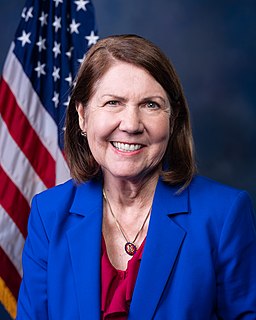A Quote by Charlie Baker
The biggest difference between the private sector and public sector is in the private sector, there's a sense of urgency because you have customers and you have competitors. Whereas in government, one of your major objectives is to not make any really big mistakes.
Related Quotes
Private sector unionization is down to practically seven percent. Meanwhile the public sector unions have kind of sustained themselves [even] under attack, but in the last few years, there's been a sharp [increase in the] attack on public sector unions, which Barack Obama has participated in, in fact. When you freeze salaries of federal workers, that's equivalent to taxing public sector people.
It's just the banks who are the latest target of the American socialist left. There is a war on the entirety of the private sector. It is the private sector that employs most of you, that services most of you, that creates the economic prosperity that our nation has enjoyed - and there is a war on that private sector, and it's being waged from the Oval Office, and its foot soldiers are on Wall Street and in other cities around the country.


































